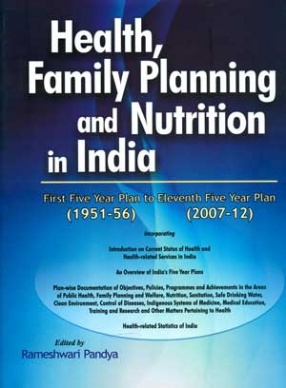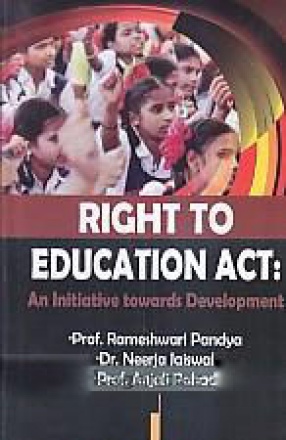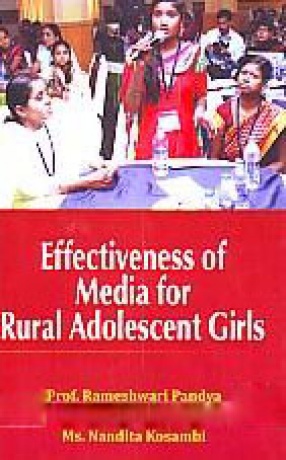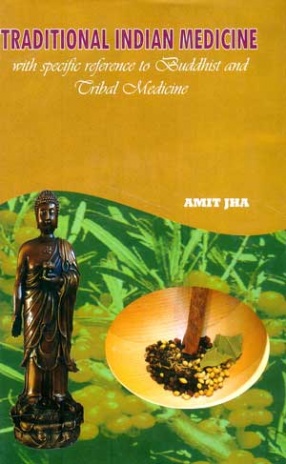At the time of Independence in 1947, health care services in India were utterly inadequate, urban-based and curative in nature. Majority of the population, especially the poor and those residing in rural areas, did not have access to health facilities. Consequently, the morbidity and mortality rates were quite high. Many women died while seeking abortion to get rid of unwanted pregnancy because access to contraceptives for preventing pregnancies was not available. Similarly, antenatal and postnatal care and service were poor and out reach for majority of women and their families.
Improvement in the health status of the population has been one of the major thrust areas in social development programmes of India since Independence. Over the past six decades, India has built up a vast health infrastructure and manpower at primary, secondary and tertiary care levels in the government, voluntary and private sectors manned by professionals and paramedicals. India has invested massive amounts under the successive Five Year Plans in medical education, training and research which has ensured large manpower from the super-specialists to the auxiliary midwives.
Considerable achievements have been made to improve health standards such as increase in life expectancy, decrease in infant and maternal mortality, and eradication of small pox and guinea worm. Nevertheless, problems, abound. Malnutrition affects a large proportion of the population especially women and children. An unacceptably high proportion of the population continues to suffer and die from new diseases apart from the existing ones. Pregnancy and childbirth related complications also contribute to the suffering and mortality of women.
This book provides a comprehensive introduction on current status of health and health-related services in India. It explains the procedures, objectives, achievements and failures of India's Five Year Plans. More importantly, it contains Plan-wise documentation of objectives, policies, programmes and achievements in the areas of public health, family planning and welfare, neutrino, sanitation, safe drinking water, clean environment, control of diseases, indigenous systems of medicine, medical education, training and research and other matters pertaining to health. It also includes health-related statistics of India.








There are no reviews yet.